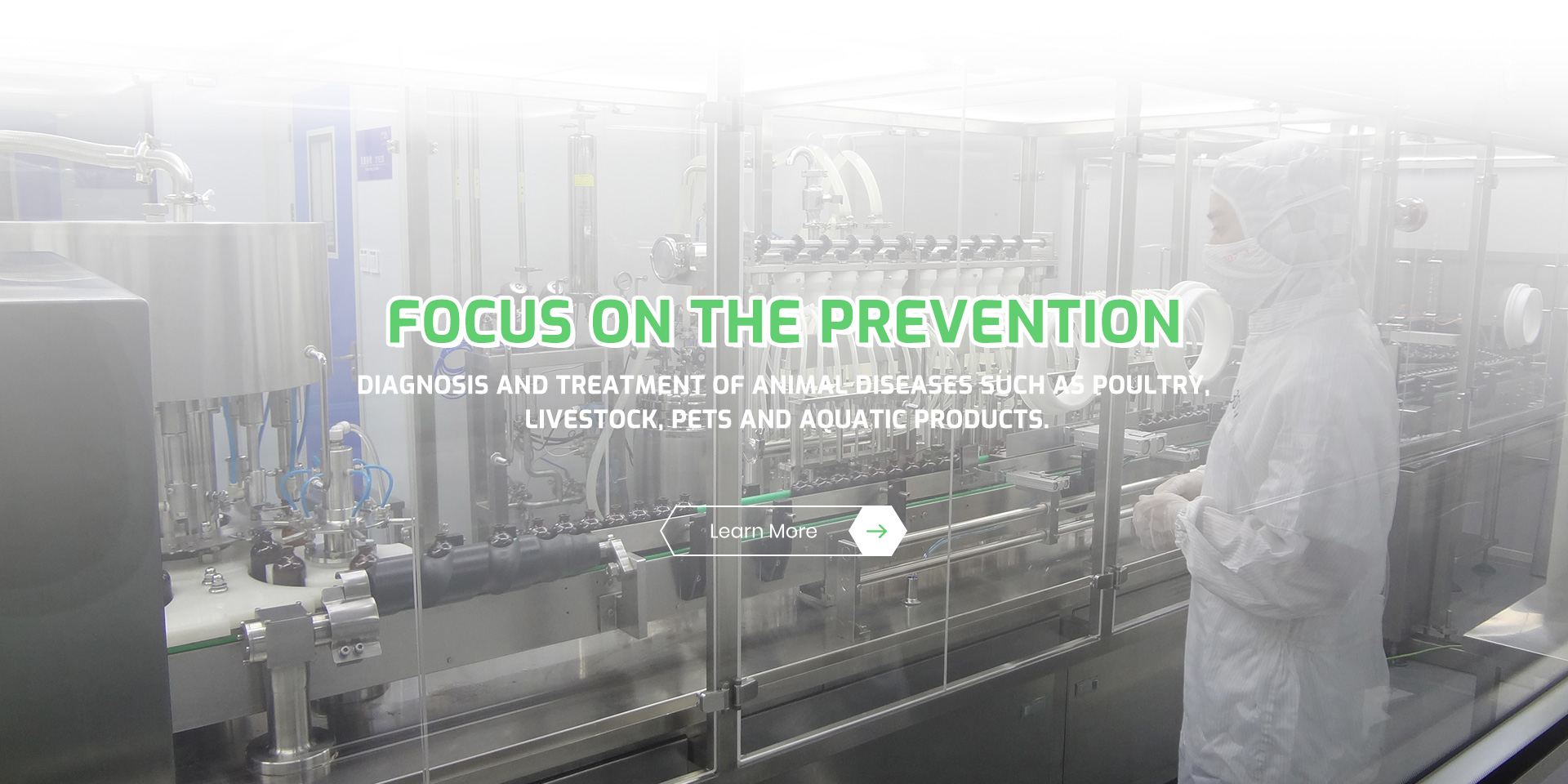- Afrikaans
- Albanian
- Amharic
- Arabic
- Armenian
- Azerbaijani
- Basque
- Belarusian
- Bengali
- Bosnian
- Bulgarian
- Catalan
- Cebuano
- Corsican
- Croatian
- Czech
- Danish
- Dutch
- English
- Esperanto
- Estonian
- Finnish
- French
- Frisian
- Galician
- Georgian
- German
- Greek
- Gujarati
- Haitian Creole
- hausa
- hawaiian
- Hebrew
- Hindi
- Miao
- Hungarian
- Icelandic
- igbo
- Indonesian
- irish
- Italian
- Japanese
- Javanese
- Kannada
- kazakh
- Khmer
- Rwandese
- Korean
- Kurdish
- Kyrgyz
- Lao
- Latin
- Latvian
- Lithuanian
- Luxembourgish
- Macedonian
- Malgashi
- Malay
- Malayalam
- Maltese
- Maori
- Marathi
- Mongolian
- Myanmar
- Nepali
- Norwegian
- Norwegian
- Occitan
- Pashto
- Persian
- Polish
- Portuguese
- Punjabi
- Romanian
- Russian
- Samoan
- Scottish Gaelic
- Serbian
- Sesotho
- Shona
- Sindhi
- Sinhala
- Slovak
- Slovenian
- Somali
- Spanish
- Sundanese
- Swahili
- Swedish
- Tagalog
- Tajik
- Tamil
- Tatar
- Telugu
- Thai
- Turkish
- Turkmen
- Ukrainian
- Urdu
- Uighur
- Uzbek
- Vietnamese
- Welsh
- Bantu
- Yiddish
- Yoruba
- Zulu
ធ្នូ . 14, 2024 14:31 Back to list
animal feed nutrition
The Importance of Animal Feed Nutrition
Animal feed nutrition plays a pivotal role in the agricultural industry, influencing not only the health and productivity of livestock but also the sustainability of food systems worldwide. As our population continues to grow, the demand for efficient animal products, including meat, dairy, and eggs, steadily increases. To meet these demands, understanding and optimizing animal feed nutrition is essential.
At its core, animal feed nutrition involves the provision of essential nutrients required for the growth, maintenance, and reproduction of animals. These nutrients can be broadly classified into six categories carbohydrates, proteins, fats, vitamins, minerals, and water. Each of these components contributes to the overall health and productivity of livestock and must be carefully balanced to ensure optimal performance.
1. Carbohydrates The Energy Source
Carbohydrates are the primary energy source in animal feed. They are critical for maintaining bodily functions and supporting activities such as growth, reproduction, and lactation. Common sources of carbohydrates in animal diets include grains such as corn, wheat, and barley. Properly formulating diets to include adequate carbohydrates is vital for preventing energy deficiencies and promoting overall animal health.
2. Proteins Building Blocks of Life
Proteins are essential for growth and development as they provide amino acids, which are the building blocks for tissues and organs. High-quality protein sources, such as soybean meal, fish meal, and alfalfa, are commonly used in animal feeds. Inadequate protein intake can lead to reduced growth rates and poor reproductive performance, making it crucial for farmers and feed formulators to ensure that animals receive enough protein in their diets.
3. Fats Concentrated Energy Sources
animal feed nutrition

Fats are another important energy source, providing more energy per gram than carbohydrates and proteins. They are also necessary for the absorption of fat-soluble vitamins (A, D, E, and K) and play a key role in hormone production. Incorporating fat sources like vegetable oils and grains can enhance the energy density of animal feeds, allowing livestock to achieve better growth and production outcomes.
4. Vitamins and Minerals Micronutrients Matter
Micronutrients, including vitamins and minerals, are critical for various biochemical processes in animals. Vitamins support immune function, bone health, and overall well-being, while minerals are essential for enzyme functions, nerve transmission, and muscle contraction. It is essential to provide animals with a balanced intake of these nutrients, often through commercially formulated mineral and vitamin supplements.
5. Water The Forgotten Nutrient
Water is often an overlooked aspect of animal nutrition, yet it is arguably the most important nutrient. Animals require a constant supply of clean, fresh water to stay hydrated and maintain their bodily functions. Inadequate water intake can lead to serious health issues and reduced productivity, highlighting the need for farmers to ensure that animals have constant access to water.
Conclusion Sustainable Practices in Animal Feed Nutrition
As the focus on sustainable agriculture increases, the importance of efficient animal feed nutrition becomes even more apparent. Incorporating sustainable practices, such as using alternative protein sources or local feed ingredients, can minimize environmental impacts while ensuring that animals receive the necessary nutrients. Advances in nutritional science continue to shape the future of animal feed, aiding in the development of more balanced and efficient diets that enhance animal health and productivity.
In conclusion, understanding the intricacies of animal feed nutrition is essential for farmers, nutritionists, and stakeholders in the agricultural sector. By prioritizing proper nutrition, we can ensure the well-being of livestock, meet the growing global food demands, and promote a sustainable future for our food systems.
-
Guide to Oxytetracycline Injection
NewsMar.27,2025
-
Guide to Colistin Sulphate
NewsMar.27,2025
-
Gentamicin Sulfate: Uses, Price, And Key Information
NewsMar.27,2025
-
Enrofloxacin Injection: Uses, Price, And Supplier Information
NewsMar.27,2025
-
Dexamethasone Sodium Phosphate Injection: Uses, Price, And Key Information
NewsMar.27,2025
-
Albendazole Tablet: Uses, Dosage, Cost, And Key Information
NewsMar.27,2025













